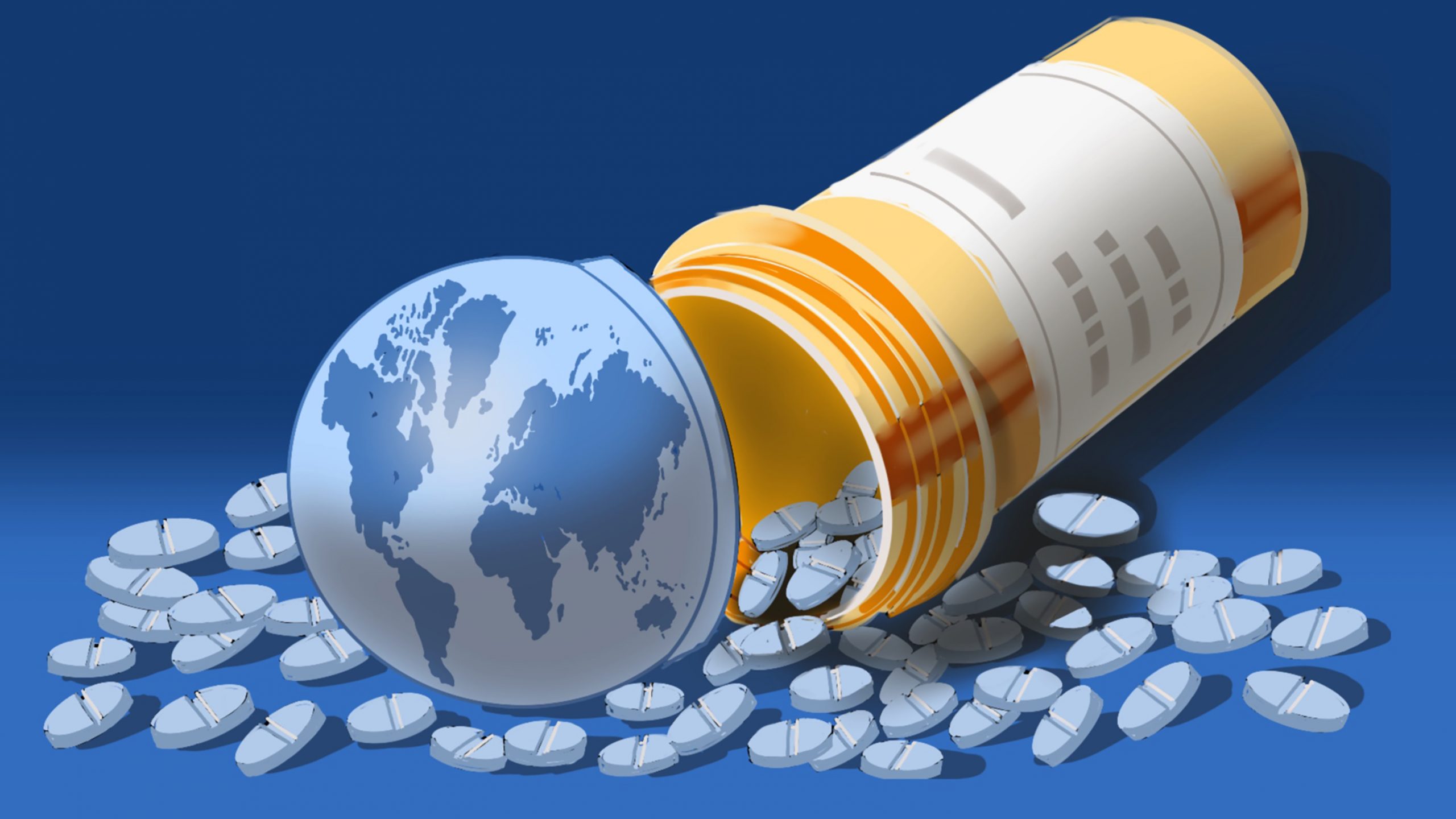Purdue Pharma, the U.S. company widely blamed for fueling the opioid crisis through aggressive painkiller marketing, is now bankrupt. Its billionaire owners, the Sackler family, are negotiating a new bankruptcy deal amid thousands of lawsuits. However, an international investigation has revealed that the Sacklers continue to profit from their global pharmaceutical business, Mundipharma, which is still selling opioids abroad.
The investigation, led by news organisations across eight countries, found that Mundipharma made $531 million in profit in Europe and Australia between 2020 and 2022, with hundreds of millions in dividends paid to the Sackler-owned trusts in the same period. These figures provide a glimpse into the value of Mundipharma companies, which the Sacklers pledged to sell to help compensate U.S. communities affected by the opioid epidemic.

Mundipharma’s marketing tactics abroad, as revealed by the collaborative, raised alarms. The company is accused of using strategies similar to those employed by Purdue in the United States, such as funding patient groups and medical organisations that downplay addiction risks, as well as incentivising doctors to prescribe opioids. In Italy, Mundipharma was accused of paying kickbacks to doctors for opioid promotion; in China, an internal report raised concerns over advisory boards promoting opioids; and in Brazil, the company paid doctors to lead seminars on pain management.
The team showed how the Sackler family remained closely tied to Mundipharma, obtaining documents and emails that reveal some Sacklers hold directorial positions in Austrian or German Mundipharma companies or regularly correspond with company executives, though the family denies any operational role.
The investigation also highlighted a troubling rise in opioid-related deaths outside the United States, with concerns that Mundipharma’s activities could trigger a new global crisis.
Wow! Our investigation into the international painkiller business of the Sackler-owned company group #Mundipharma was on the front page of the @washingtonpost. Thanks for the great team work on the #WorldofPain project.
Watch our documentary here: https://t.co/jLToOlsgjU pic.twitter.com/2d66YWtBrS
— Maria Christoph (@maria_christoph) September 22, 2024
In response, Mundipharma downplayed its opioid sales, claiming they now represent a smaller portion of its business. The company said that it complies with local laws and regulations and provides opioid awareness training to employees. The Sacklers, meanwhile, defended their actions, focusing on their commitment to resolving the bankruptcy deal, while dismissing accusations as “false and misleading”.
Experts warn that the investigation should prompt a global reassessment of opioid marketing and prescribing practices. Andrea Burden, a pharmacoepidemiologist at ETH Zurich, cautioned:
“Europe is heading down the same path as the U.S. did 15 years ago. If we don’t act now, we’ll prove ourselves much dumber.”
At @ECPMF‘s UNCOVERED-conference, @madlendavies and @f_obermaier presented the recent #WorldOfPain-investigation @examinationnews. ICYMI: https://t.co/OYnHJ9CdOg https://t.co/mpEecW7WHr
— paper trail media (@paper_trail_m) September 25, 2024
Team members:
- paper trail media (Germany)
- The Examination (USA)
- Der Spiegel (Germany)
- ZDF (Germany)
- Washington Post (USA)
- IRPI (Italy)
- Tamedia (Switzerland)
- Der Standard (Austria)
- Finance Uncovered (UK)
- Metrópoles (Brazil)
